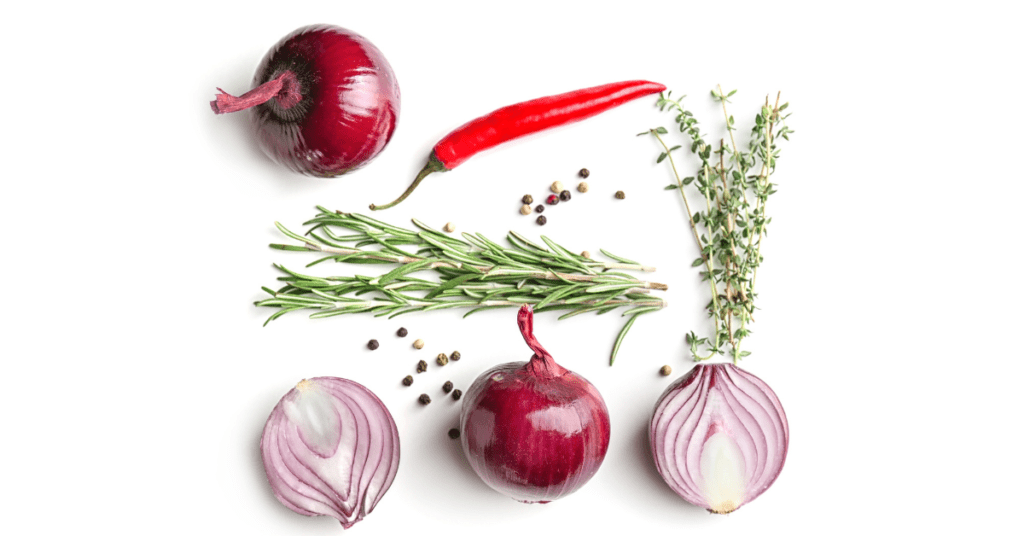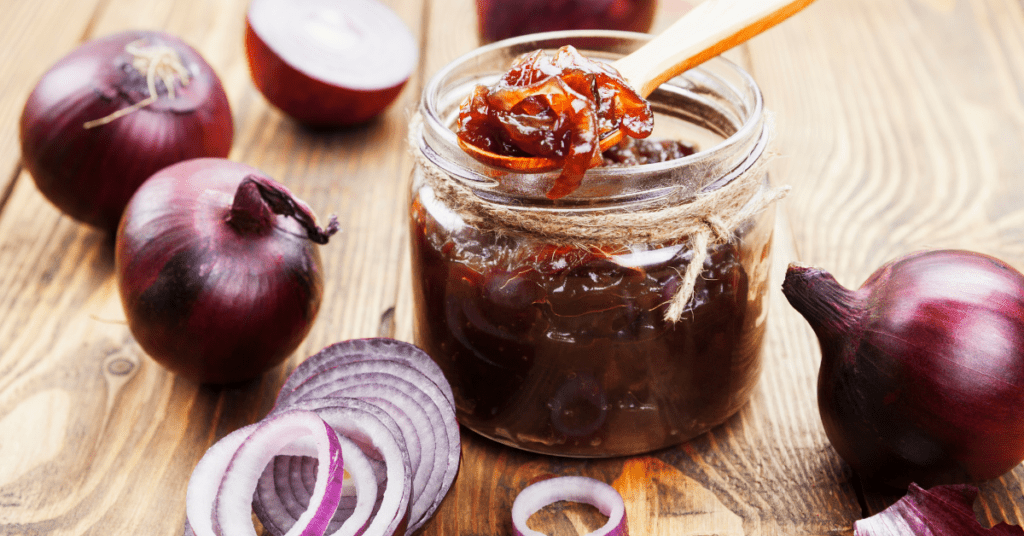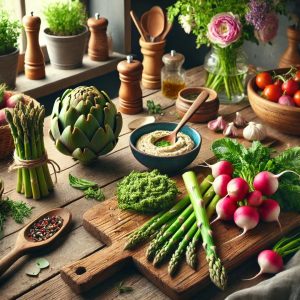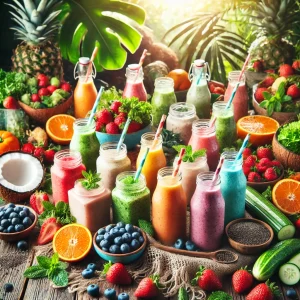It is the most virtuous vegetable there is, at the base of a thousand recipes, and it is also excellent for treating the skin with eco-friendly homemade cosmetics.
It is over 5000 years old, it is tasty, it is a natural antibiotic and it is essential for kitchens all over the world: December welcomes the super star onion.
It is one of the tastiest vegetables, its scientific name is Allium Cepa and it is precisely a herbaceous plant, which is part of the Amaryllidacee family, which also includes garlic, shallots and leeks.
Due to its many virtues, the “I love Fruit & Veg from Europe” project promotes its use: the benefits it offers are in fact to be taken into great consideration.
Onion is made up mostly of water and boasts a very low calorie intake, only 26 calories per 100 grams.
Super recommended in diets to lose weight or to detoxify the body, preferably eaten raw, perhaps as an ingredient in a nice mixed salad.
It is very good because it is rich in fiber, vitamin C and vitamin B6, calcium, chromium, phosphorus, potassium and sulfur.
Obviously, as with garlic, its beneficial virtues are closely linked to how it is cooked and how it is stored.
The ideal would be to eat it raw, but not everyone likes its pungent flavor and then it’s okay to cook it, but just a little, perhaps making it soften in two fingers of water or always stew with water and a drizzle of oil.

The therapeutic virtues of the onion are very ancient.
It was in fact one of the most used natural remedies in folk medicine.
Onions were used to prepare compresses at home to combat hair loss, cough syrups and there are those who put it raw on the nightstand next to the bed to find relief from colds.
The Egyptians loved it. It has been handed down that the onion, together with the radish, was the basis of the diet of the workers, who had built the pyramids.
It was considered a votive offering for the deities and finally it was thought that the concentric circles of the bulb represented eternal life.
It was so much appreciated that it was stored as provisions for the journey to the beyond in the tombs of the Pharaohs.
In Greece, athletes ate it above all and in ancient Rome the gladiators used it, apparently to swell the muscles.
Pliny the Elder, in his Naturalis Historia, cited the red onion, extolling its healing properties for a series of disorders such as ulcers, dysentery and wounds caused by snake bites.
In nature we find different varieties of onion that differ in flavor, color, shape and can be: red, golden and white.
The bulbs can be harvested before ripening: in this way we will also have onions and green onions with a slightly more delicate flavor to eat.
It is used for many recipes from appetizers to desserts, but is also widely used in beauty treatments.
How to naturally take care of your face and hair?
You can make homemade cosmetics such as lightening or anti-aging creams and remedies to combat hateful hair loss.
Here’s how to reduce the stains: slice an onion and blend it to obtain a creamy mixture.
Add two tablespoons of apple cider vinegar and apply it to your face for 20 minutes.
Include this in your beauty routine once a week.
To rejuvenate the face, just add a little olive oil to the onion smoothie and apply for 15 minutes, mix onion and honey instead to make the hair brighter.
Let’s go to the kitchen to prepare a wonderful onion jam to accompany aged and tasty or even spicy cheeses.
Slice 1 kg of onions and cook them in a pan with 200 grams of brown sugar.
Add 2 tablespoons of wine vinegar and herbs such as bay leaves and cloves.
Let it cook until it reaches the right consistency.

How do you peel an onion without weeping?
The onion is good and versatile, it lends itself to many recipes, but it has only one flaw, it can cause burning eyes and excessive tearing when we go to slice it.
One of the remedies suggested by the grandmother is to cut the onion in half keeping it away from the face and rinse it over and over again under cold water, so as to eliminate the annoying compound that is soluble in water or to leave it in a bowl of water cold for at least 30 minutes, so as to slow down the action of the enzymes responsible for the production of the lacrimation factor.
The eyes will only tend to pinch a little, but not to burn.
Why Does Onion Make Us Weep?
During their maturation, onions tend to absorb sulfur and so, as soon as they are shredded, they release gases and a so-called “alignase” substance, which immediately cause eye discomfort.
In this case, lacrimation is nothing more than a defense put in place by our body to contract these foreign substances.
Federica Riccio


